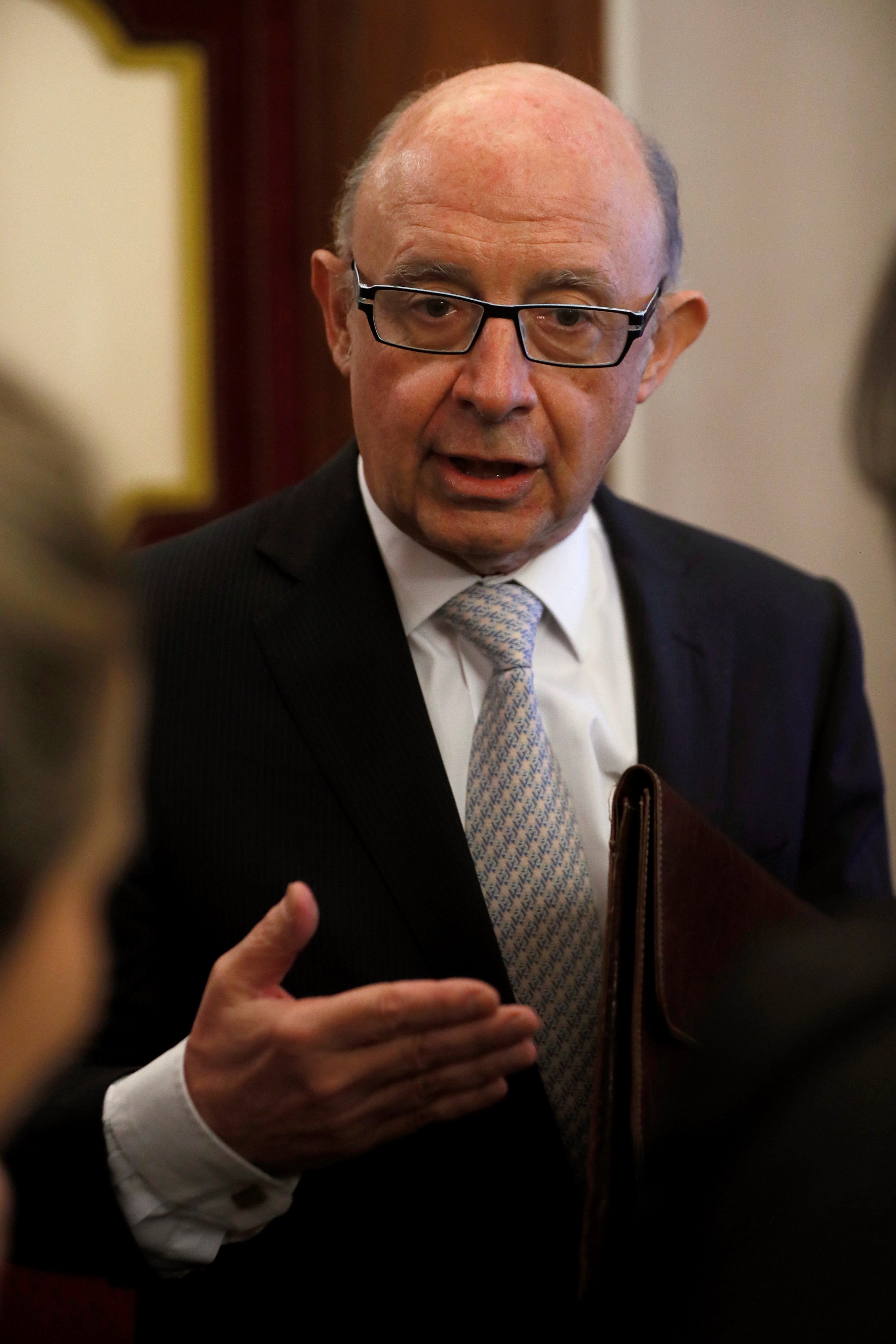Spanish prime minister, Mariano Rajoy, had already admitted it to the Congress; now the treasury minister, Cristóbal Montoro, confirms it. Last year's Catalan independence referendum was not paid for with public money. He commented in an interview with Spanish newspaper El Mundo that "I don't know what money these 1st October ballot boxes from China, nor Puigdemont's maintenance, were paid for with. But I know it wasn't with public money".
Montoro says that since September 2017 his department has had "control over the 35 billion euros (£30 billion, $43 billion) which the Catalan government manages". He also states that the system put in place for the central government to check payments made by the Catalan administration is working.
Now, having been asked repeatedly, the Spanish minister ends up suggesting that "it could only have happened" if a civil servant had criminally falsified documentation, "for which reason there's a legal investigation underway". He does note though that those in oversight roles are at a risk of prison sentences if such falsified documentation is found.
This doesn't, however, mean he dismisses the charges of misuse of public funds against many of those being investigated over the referendum, for example, president Carles Puigdemont: "misuse of public funds doesn't require only diverting funds: it is also opening a public building for an illegal political event, for example".
Blocking independence
"We live in a state which can block independence through the budget." Convinced that the wish from part of the Catalan public for independence will be unsuccessful, he boasted that this was thanks to the actions of the PP government and that sales are starting to grow again and "are recovering".
Montoro is quoted as saying that independence supporters "don't want Catalonia to progress within Spain because then they are left with no argument beyond the emotional one", and that there is still "time to unblock Catalonia".
A German court rejected extraditing president Carles Puigdemont for rebellion and now is only considering doing so on the charge of misuse of public funds. On the one hand, Supreme Court sources told Spanish newspapers ABC yesterday that they would reject his extradition if it doesn't include the charge of rebellion, punishable by up to 30 years in prison, because then he could only be prosecuted in Spain on the lesser charge of misuse of public funds. On the other, it now appears less likely that the Schleswig-Holstein court will return him to Spain even on that lesser charge, after both the prime minister and treasury ministers have denied it publicly.

